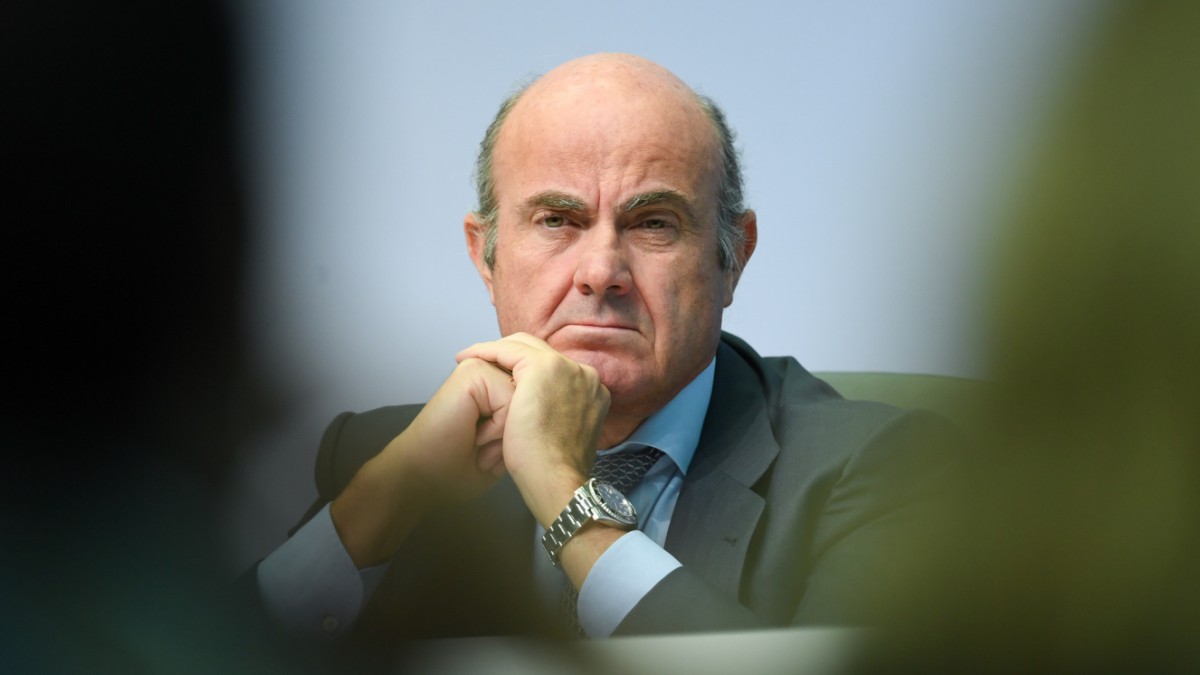The European Central Bank (ECB) believes that the European financial markets are in a fragile state due to the rapidly rising interest rates. “The weak economic outlook and the consequences of high inflation are weighing on the ability of people, companies and governments to service their debts,” ECB Vice President Luis de Guindos said on Wednesday at the presentation of the central bank’s semi-annual financial stability report. “It is critical that we remain vigilant as the economy adjusts to a higher interest rate environment coupled with growing uncertainties and geopolitical tensions.”
In the fight against inflation, the ECB has raised the three key interest rates ten times since July 2022. The deposit rate relevant to the financial market that banks receive from the central bank for parking excess funds is four percent. This is the highest level since the start of the monetary union in 1999. Due to the high key interest rates, loans have become significantly more expensive and fewer people can afford a home. Prices on the real estate market have fallen noticeably. The central banks’ sharp increase in key interest rates triggered a banking earthquake in March. Some US regional institutions went bankrupt, and the major Swiss bank Credit Suisse had to be rescued by rival UBS.
The financial markets have been prone to turbulence for years. There was the repo crisis in the USA in 2019, when banks suddenly couldn’t raise money on the money market and central bankers had to pump billions of euros into the money market. Or just a year ago, the crisis in Great Britain, when then-Prime Minister Liz Truss caused the British pound to collapse through her plan to expand national debt. The Bank of England then had to intervene to save Britain’s pension funds from tipping over.
The ECB also warned of risks in the so-called shadow banking market. These are primarily hedge funds and other asset managers who, like banks, grant loans without falling under strict banking regulations. The sector is vulnerable to liquidity, credit and leverage risks – the latter describe risky stock market bets financed on credit.
Recently, the experts at the Financial Stability Board (FSB) also expressed concern about the strong growth of shadow banks, which are still poorly regulated. The FSB monitors global financial markets on behalf of the G20 countries. According to the ECB, the shadow banking sector in the euro zone alone has more than doubled since the global financial crisis from 15 trillion euros in 2008 to 31 trillion euros now.
2023-11-22 18:40:09
#Financial #markets #ECB #describes #situation #financial #market #fragile
